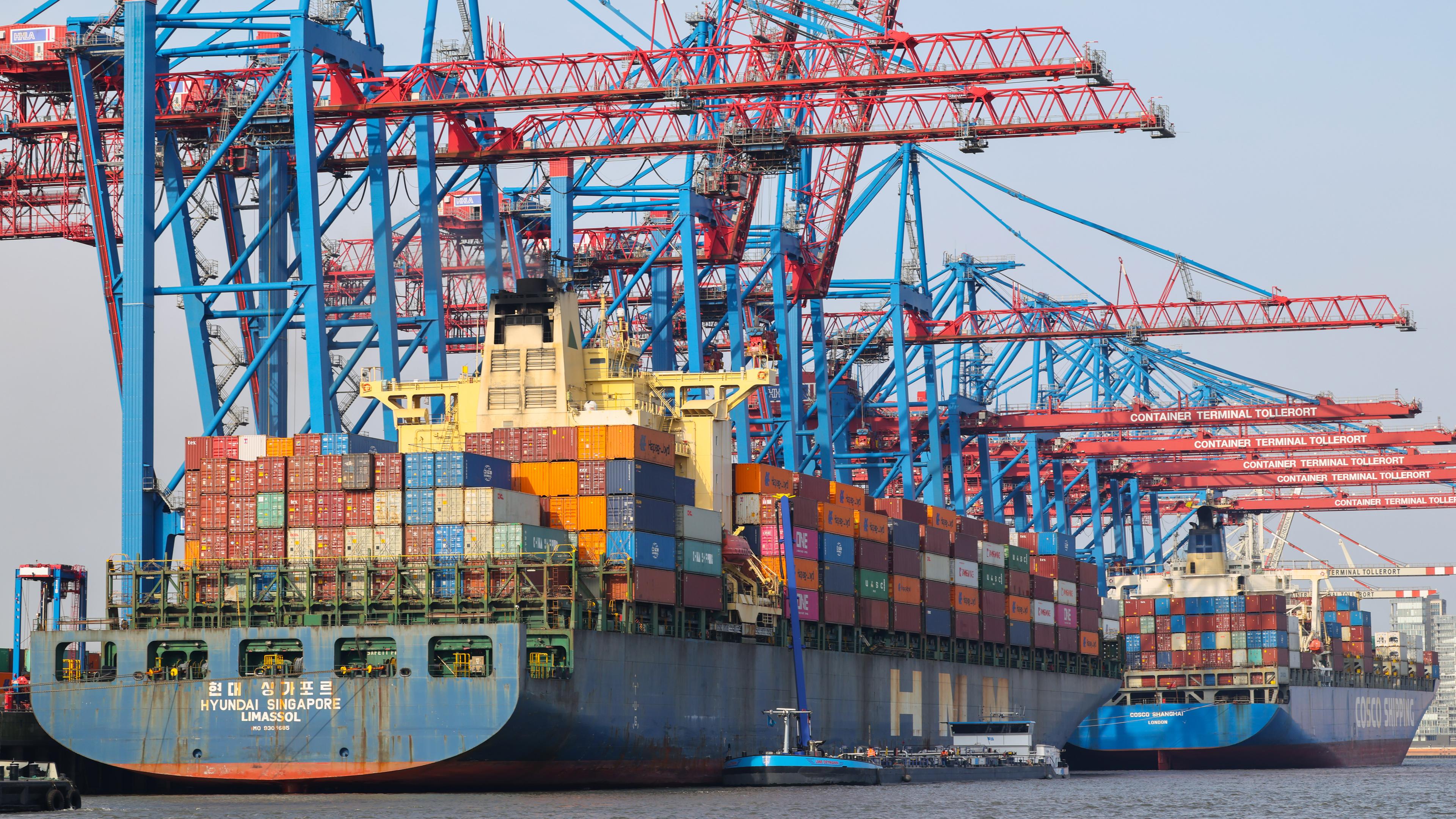European supply chain law can be moved

The European Parliament has cleared the way for a shift in the European supply chain law. A broad majority of MPs in Strasbourg voted that the first regulations of the controversial project should come into force a year later.
The EU countries only have to dash off the step so that the change can be published in the EU AMSBLATT. The countries had already spoken out for a shift a week ago, the step is considered a matter of form.
The two institutions follow a proposal of the EU Commission, according to which the first rules apply in 2028. The FDP MEP Svenja Hahn spoke of a bureaucracy break. Now the directive should also be changed and simplified in terms of content so that companies are burdened with less bureaucracy in the long term.
Mercedes is considering US withdrawal cars for trump tariffs
« Courage to Red Stift » – to predict hard negotiations
How far -reaching these changes will become not yet clear and should be discussed intensively. It is important for the SPD that the liability of companies is not weakened. « Our approval is a huge advance of trust with regard to the negotiations on the factual issues that are still pending, » said René Repasi, chairman of the SPD MPs in the European Parliament.
His Union colleagues Daniel Caspary (CDU) and Angelika Niebler (CSU) shared after the coordination: « Europe needs the courage for red pencil. » All of the requirements that would only bring bureaucracy and no added value would have to go.
Sharp criticism from Luxembourg in the shift of the EU supply chain law
Repasi receives support from the Liability question from the Green European MP Anna Cavazzini. « The EU Lief Coveret Act is evident without civil liability, » she said. She appealed to find a compromise « within the democratic factions ».
Law only decided last year
The European supply chain law was decided only last year. The aim is to strengthen human rights worldwide. Large companies should be able to be held accountable if they benefit from human rights violations such as child or forced labor.
However, there was great criticism from the economy of the project. Companies see it overly, which imposed large bureaucratic burdens on them and reduced the competitiveness of Europe.







